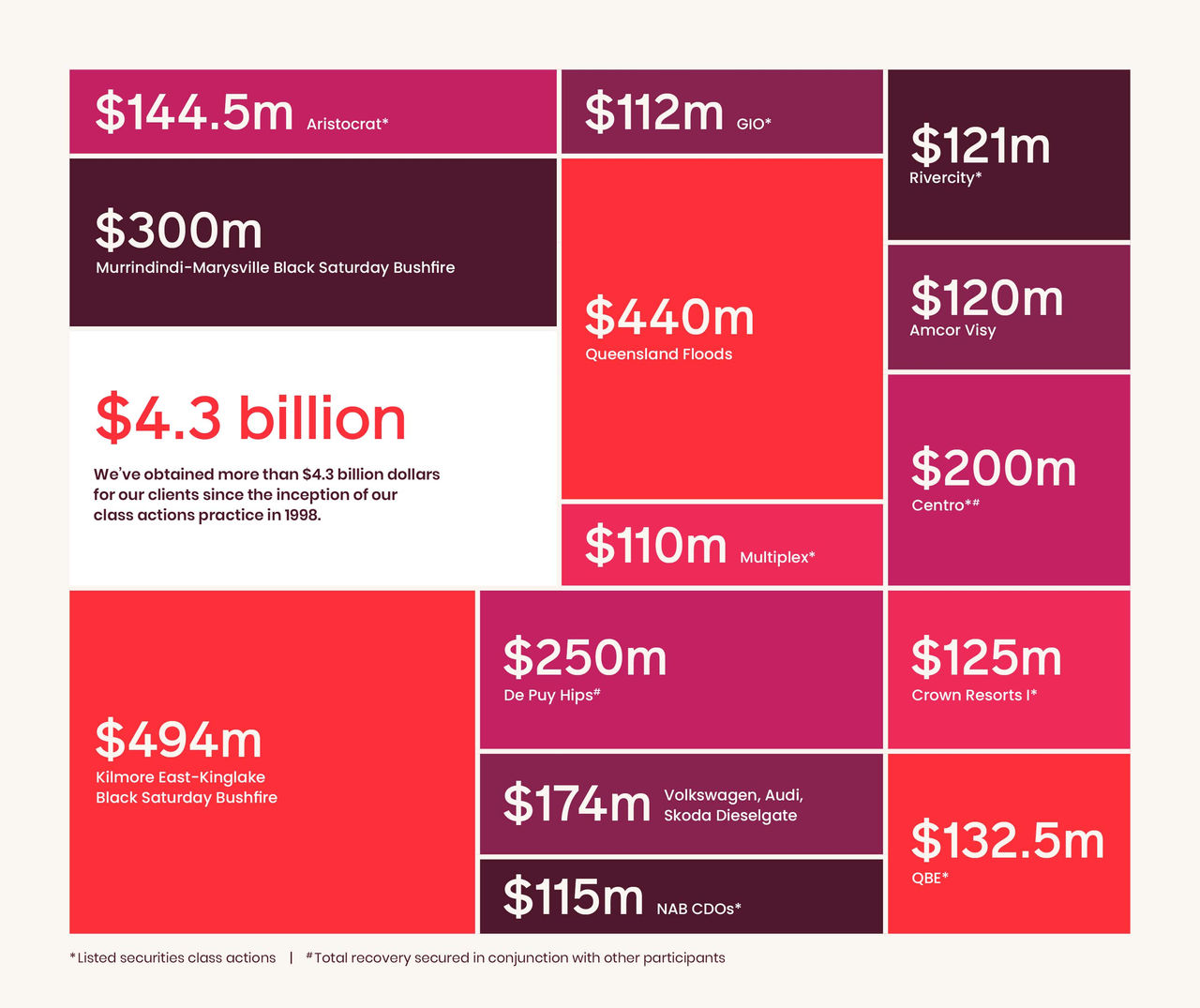A proposed 30 per cent cap on gross returns to litigation funders would make a large number of class actions financially unviable, new research by
PwC chief economist Jeremy Thorpe shows.
When applied to class actions from the past 20 years, the research showed returns in 36 per cent of matters would not have covered the legal costs of running the case, let alone adequate returns to the funder.
Omni Bridgeway CEO Andrew Saker backs a 50 per cent floor on returns to class action members.
Commissioned by Australia’s largest litigation funder, Omni Bridgeway, Mr Thorpe’s report found even a 50 per cent cap would make some actions unviable and leave Australians without access to justice.
“This demonstrates the trade-off inherent in any cap on litigation funder returns,” the report said.
“It would provide higher returns to some class members, but some members would not receive returns they would have otherwise expected as fewer actions would be undertaken.”
Omni Bridgeway chief executive Andrew Saker said a 70 per cent floor for member returns would not lead to adequate revenue for litigation funders when balanced with the “considerable risks” associated with “long, expensive, complex and bitterly fought actions with uncertain outcomes”.
“In other words, many funder-backed class actions that have led to recoveries for group members arising from negligence, misleading conduct and other illegality, would not have been brought, denying a significant number of Australians any financial recovery,” Mr Saker said.
“To the extent that proceeds from a successful action are eroded by legal fees, this is largely a function of the high costs of pursuing litigation in Australia and not a reflection of litigation funding.”
A parliamentary inquiry looking into litigation funder-backed class actions last year was generally scathing of the sector, which it accused of using the justice system for the primary motive of generating a return on investment.
The final report recommended the government consult on the best way to introduce a statutory minimum return of gross proceeds from class actions (including where the matter is settled out of court) to members.
It also recommended the government explore a minimum gross return of 70 per cent to class members from any damages awarded; and whether a graduated approach could be taken based on risk and complexity.
Full story: Australian Financial Review
COMMENT: Moves to cap gross returns for litigation funders reek of the big end of town - those whose actions have caused the need for class actions - trying to influence their mates in government to minimise pay-outs to those who legally deserve them.If this happens, justice will be denied to battlers across Australia whose only recourse in recent years has been to avail themselves of various class actions on a "no win, no fee" basis. What could be fairer than that?















